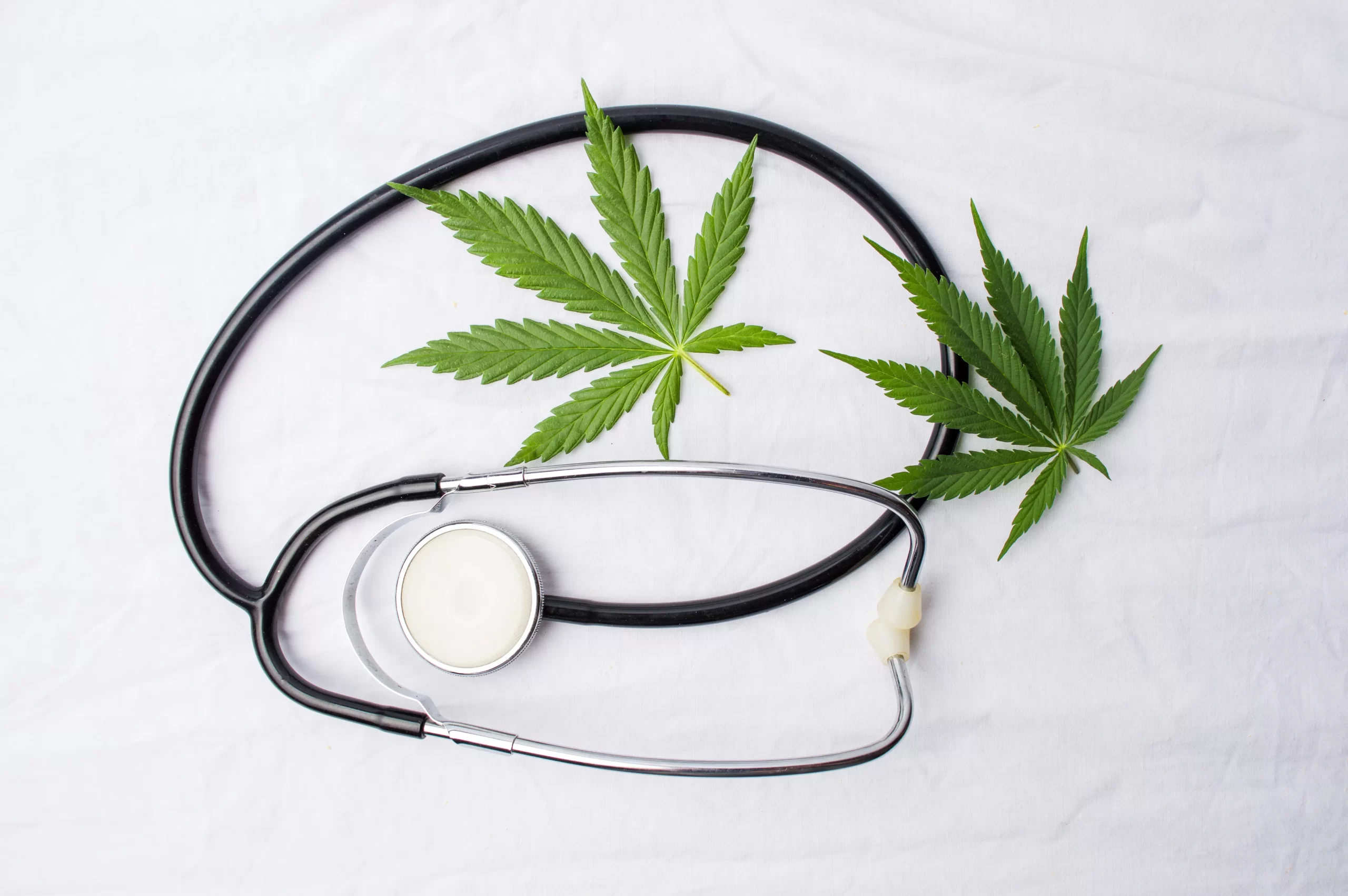Top Medical Marijuana Doctor Clinton MS for Professional Consultation
Top Medical Marijuana Doctor Clinton MS for Professional Consultation
Blog Article
Shedding Light on What Medical Marijuana Can Cure: an In-Depth Evaluation of Its Restorative Residences
In recent years, there has actually been a growing interest in the therapeutic capacity of clinical cannabis. While unscientific evidence is plentiful, a detailed assessment of the clinical data regarding the efficiency of clinical marijuana in treating these conditions is called for.
Persistent Discomfort Administration
Persistent discomfort monitoring continues to be a crucial element of healthcare, demanding a comprehensive approach for efficient therapy. Over the last few years, clinical cannabis has arised as a possible healing alternative for people experiencing chronic discomfort problems. The endocannabinoid system, which plays an essential function in pain modulation, has been targeted by cannabis-based treatments to boost and ease signs and symptoms quality of life for patients.

Moreover, medical cannabis offers a promising alternative for people that experience intolerable side results from traditional discomfort medications. Its capacity to attend to discomfort via a different mechanism makes it a beneficial addition to the arsenal of therapies available for persistent pain administration.
Epilepsy Treatment Possible
Medical marijuana has revealed appealing possibility in the treatment of epilepsy, supplying an unique restorative approach for taking care of seizures in individuals. Epilepsy is a neurological problem defined by reoccurring seizures, influencing people of any ages. Conventional therapies for epilepsy include antiepileptic medications, however these medicines might not be efficient for all people and can have significant negative effects.
Research study on the usage of clinical cannabis for epilepsy has disclosed encouraging results. Cannabidiol (CBD), a non-psychoactive substance located in marijuana, has been particularly highlighted for its anticonvulsant properties. Research studies have revealed that CBD can reduce the frequency and seriousness of seizures in people with treatment-resistant types of epilepsy, such as Dravet disorder and Lennox-Gastaut disorder.
Furthermore, the FDA has accepted a CBD-based medication, Epidiolex, for the treatment of seizures connected with these serious types of epilepsy. This milestone highlights the growing acknowledgment of clinical marijuana as a beneficial therapeutic option for handling epilepsy and offers wish for people that have actually not reacted well to standard therapies.
Nausea Relief Advantages
The relief of nausea or vomiting with making use of cannabis has actually been significantly identified for its healing benefits in numerous clinical problems. Queasiness and vomiting prevail signs and symptoms experienced by patients undertaking radiation treatment, those with food poisonings, and individuals with persistent discomfort problems. Medical marijuana, with its active compounds such as THC and CBD, has actually shown promise in offering alleviation from nausea or vomiting.

Additionally, medical marijuana supplies an all-natural choice for people who do not respond her response well to traditional anti-nausea drugs or that experience extreme negative effects from these drugs. Patients undergoing chemotherapy, specifically, have actually reported considerable improvements in their quality of life when using marijuana to handle nausea. As study in this location remains to grow, clinical cannabis is significantly being taken into consideration as a beneficial choice for nausea alleviation in different clinical settings.
Anxiety Reduction Impacts
Researches have actually demonstrated the possibility of cannabis in lowering anxiousness signs via its interaction with the endocannabinoid system. The endocannabinoid system plays an important role in managing emotions, consisting of anxiety, by preserving homeostasis in the body. Cannabinoids in marijuana, such as THC and CBD, engage with the from this source endocannabinoid receptors in the brain, especially the CB1 and CB2 receptors, to modulate anxiety-related actions.

Individuals with conditions like generalised anxiousness disorder (GAD), social stress and anxiety problem, and trauma (PTSD) might gain from the anxiolytic residential or commercial properties of marijuana (Medical Marijuana Doctor Clinton MS). However, further research is needed to figure out ideal does, delivery methods, and long-term impacts on stress and anxiety monitoring.
Possible for Swelling Control
With its well-known anti-inflammatory homes, marijuana has actually revealed assurance in possibly regulating swelling within the body. Swelling is the body's all-natural feedback to injury or infection, yet when it comes to be persistent, it can add to various diseases such as joint inflammation, inflammatory digestive tract condition, and even heart condition. Study recommends that the cannabinoids discovered in cannabis, such as THC and CBD, can help regulate the immune response and reduce swelling.
Studies have revealed that marijuana can communicate with the endocannabinoid system, which plays an essential role in managing swelling. By targeting the cannabinoid receptors, cannabis substances can regulate the immune reaction, leading to a decline in swelling levels. This makes marijuana a prospective candidate for taking care of inflammatory problems where conventional therapies have actually fallen short.
In addition, cannabis-derived products like CBD oil have actually gotten popularity for their anti-inflammatory residential properties, with lots of individuals utilizing them as a natural solution for conditions related to swelling. While more research study is needed to fully recognize the mechanisms behind see post marijuana's anti-inflammatory effects, present findings show encouraging outcomes for the potential usage of medical marijuana in controlling inflammation.
Verdict
To conclude, medical marijuana has shown encouraging therapeutic residential properties in managing chronic discomfort, treating epilepsy, alleviating nausea, lowering anxiety, and managing swelling. Its potential advantages in different clinical problems highlight the importance of additional study and exploration right into its medicinal use. The evidence suggests that medical marijuana can be a useful option therapy alternative for clients seeking remedy for a series of signs and problems.
In recent years, medical cannabis has emerged as a potential restorative choice for people suffering from chronic pain conditions.Medical cannabis has actually revealed encouraging possibility in the therapy of epilepsy, using an unique restorative approach for handling seizures in individuals. As research in this area continues to expand, clinical marijuana is increasingly being thought about as a useful choice for queasiness relief in various medical settings.
In conclusion, medical marijuana has actually shown appealing restorative residential or commercial properties in handling chronic discomfort, dealing with epilepsy, relieving nausea, lowering anxiousness, and regulating swelling. The proof suggests that medical marijuana might be an important option treatment option for people looking for relief from a range of conditions and signs and symptoms.
Report this page